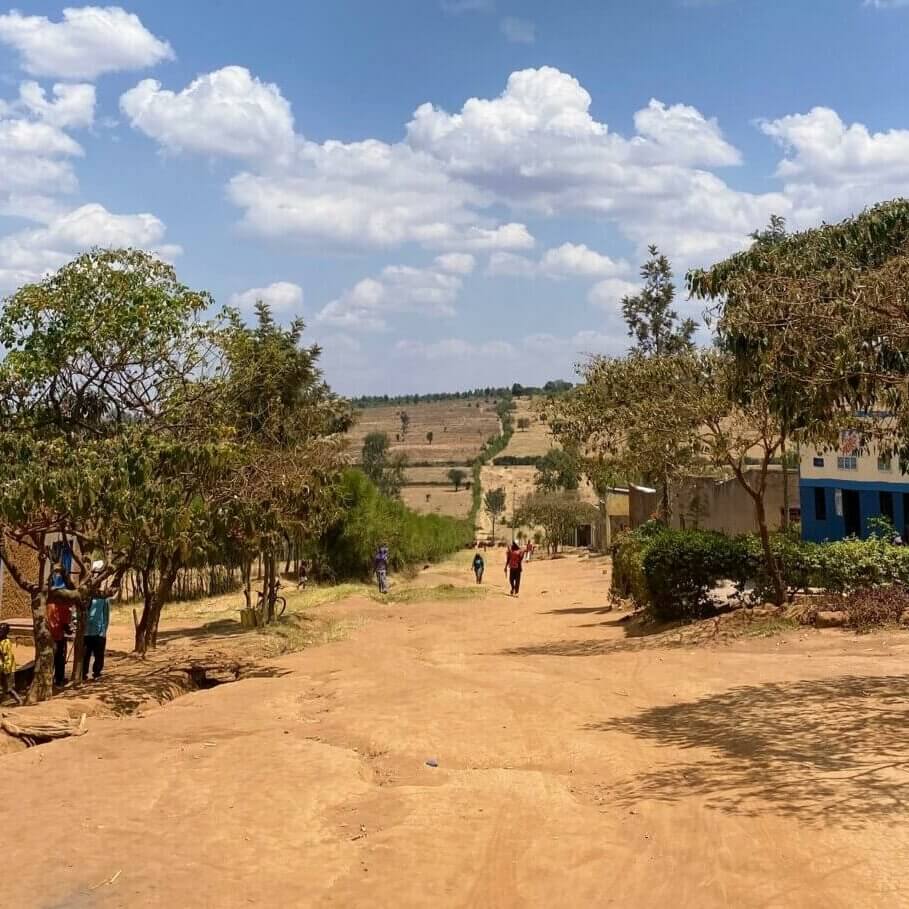A Holistic Approach to Sustainability
Aug 25, 2023
Sustainability has become an increasingly important concept in our rapidly changing world. This post delves into the multifaceted idea of sustainability in the context of rural East Africa, exploring its three core dimensions: social, financial, and environmental.
1. Social Sustainability
Social sustainability emphasizes the well-being of individuals and communities. It focuses on harnessing communities’ unique strengths and assets and ensuring equitable opportunities for all members. Within socially sustainable communities, there is a fostering of diversity, a promotion of equality, and a nurturing of unity.
For instance, the Asset-Based Community Development methodology promotes social sustainability by shifting perspectives from a focus on scarcity to one of abundance. In rural East Africa, the primary emphasis must be on localization to drive positive change, working alongside external collaborations in partnership. The ultimate objective is to create societies where individuals can flourish through locally led efforts.
2. Financial Sustainability
Financial sustainability refers to economic prosperity at the individual and societal levels. It seeks to foster enduring multi-generational wealth. The critical components of financial sustainability are to foster economic growth without depleting resources, promote financial inclusivity, encourage responsible business conduct, and focus on long-term financial planning beyond immediate gains.
In the context of rural East Africa, income-generating activities must exhibit commercial viability to ensure a sustained, lasting impact. With regard to traditional NGO models, it’s essential to consider how funding can contribute to initiatives where the effects persist long after the NGO has departed. The generation of revenue within rural communities must be stimulated to enable long-term financial stability.
3. Environmental Sustainability
Environmental sustainability is centered on protecting and conserving Earth’s natural resources and ecosystems. Its core principle is to cultivate a harmonious relationship between humanity and the natural world. Effective resource management is pivotal in minimizing pollution, biodiversity conservation, and mitigating the impacts of climate change.
The Earth’s changing climate disproportionately affects impoverished communities. Without the capacity to shield against the adverse effects of climate change, communities in rural East Africa face substantial risk. Given that the majority of rural inhabitants are engaged in farming, changes in seasonality brought about by climate change directly impact their livelihood. Therefore, our collective responsibility is to address the threat of climate change by embracing renewable energy sources, advocating for responsible land utilization, and practicing the efficient allocation of resources.
Our Approach
At Kinvest Impact, we recognize that sustainability is not a one-dimensional concept and embrace a holistic approach. We sincerely believe the key to sustainable development resides within our partner communities. To this end, we collaborate closely with community members to identify and harness their unique strengths and assets.
Our primary goal is to cultivate local ownership by establishing local-led programs. Through our marketplaces, we empower entrepreneurs to develop economically viable enterprises that endure across generations, generating lasting wealth. Moreover, these marketplaces prioritize environmental sustainability by relying on solar panels for their power needs and providing sustainable access to crucial resources like water and transportation for the surrounding community.
Together, with an understanding that the dimensions of sustainability are interconnected, we can pave the way for a brighter and more equitable future for ourselves and future generations.

